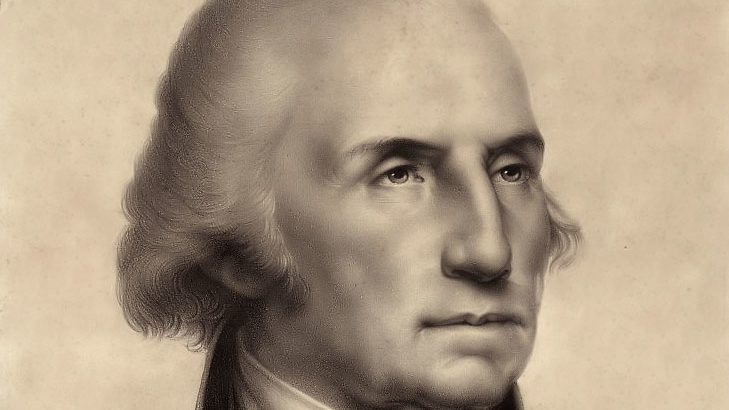Now especially, America needs its heroes. The nation is badly divided along ideological lines without any unifying figures to bring us together. We are losing, or may have already lost, the commonality of purpose that made the United States what at least one president called mankind’s “last best hope.”
It would be easy to blame a lone politician or the media generally for our societal divisions and resulting decline in connectivity. And it would be wrong. It has happened over time and is a cultural phenomenon with many facets and authors.
One symptom, one I like to point out every year at this time, is the lack of any formal observance of George Washington’s birthday, February 22. We used to honor it as a national holiday. But our first commander-in-chief has been given short shrift since 1968, when Congress moved the holiday to the third Monday in February to give everyone an additional long weekend.
In the ensuing years, the nation’s first president has seen himself downgraded from his position as a revered national icon to a pitchman for carpet and auto sales. His picture is no longer omnipresent on the walls of the nation’s public schools. His image remains with us on the currency, while his name, which remains on street signs and high schools, has become synonymous with dysfunctional, bloated, wasteful and inefficient government.
Little children, as I have written before, no longer repeat excitedly the (admittedly apocryphal) story of young George admitting to having chopped down his father’s cherry tree because he could not tell a lie. And this may be because they no longer know it. They’re more concerned that his legacy, like many of the founders’, is tainted by the stain of slavery.
Rather than pursue a balanced approach to his place in history, he is all but ignored. This should not be. His positive actions as president and before still influence us today.
He led the American forces in the war for independence and was offered a kingdom but turned it down to return to Mt. Vernon and life as a gentleman farmer. Victorious in war, he was content to let others bear the responsibility for creating the hard-won new nation. Only after nearly a decade of struggle to establish a working system would he again answer the call, becoming president of the convention that wrote a new and thus-far enduring Constitution and the federal government therein established.
Most everyone who has followed Washington in office has sought to emulate him, at least in part. His counsel regarding America’s role in the world is still valued. The precedents he set for presidential behavior are still followed. His wisdom is eternal, making him a great man of history who, because he was in the right place at the right time, changed the course of human events.
What he told us about the separation of powers and the need to limit them to allow human freedom to flourish is as relevant today as it was then—perhaps even more so. We live in the greatest, freest, most prosperous, most generous society on the face of the earth.
We cannot forge ahead together if we do not understand where we have been and where we came from. We must acknowledge our failures, but not at the expense of being able to celebrate our successes. The tensions established by the founders produced an incrementalism essential to the rule of law, which, it has been said, exists in part to temper the passions of mankind.
The Mt. Vernon Ladies Association, which operates Washington’s home at Mt. Vernon as a historical site, as well as a place fostering research into his life, is fighting to keep Washington’s legacy alive for us all. Hopefully, they are winning.
In the meantime, our elected leaders could help restore his reputation to its proper place by rebranding Presidents Day as Washington’s Birthday and moving it back to February 22. As inconvenient as that would be, it is vital to the civic life and education of future generations that Washington alone be branded worthy of study. He is unique and should be set apart from all the other presidents.
Washington was a towering figure, standing head and shoulders above most all his contemporaries. Eulogized as “first in war, first in peace, and first in the hearts of his countrymen,” he, more than any other founder, made us what we became at the height of our exceptionalism. To return there, we need to return him to his place of honor on the calendar and in our hearts.
